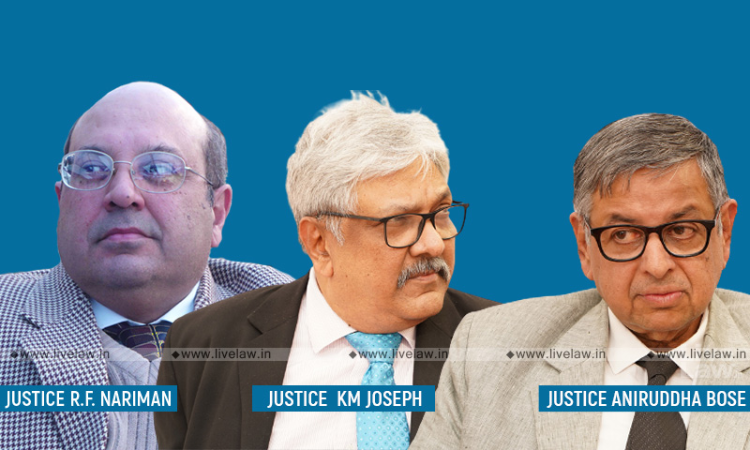Dowry Death - No Conviction Under Section 304B IPC If Unnatural Death Is Not Established : Supreme Court
LIVELAW NEWS NETWORK
5 Dec 2020 9:10 AM IST

Next Story
5 Dec 2020 9:10 AM IST
The Supreme Court has held that the offence of dowry death under Section 304B of the Indian Penal Code cannot be made out if the cause of death has not been established as unnatural.The Court also held that it has to be shown that the deceased wife was subjected to cruelty or harassment in connection with demand for dowry soon before her death.Holding that these factors were not established,...
